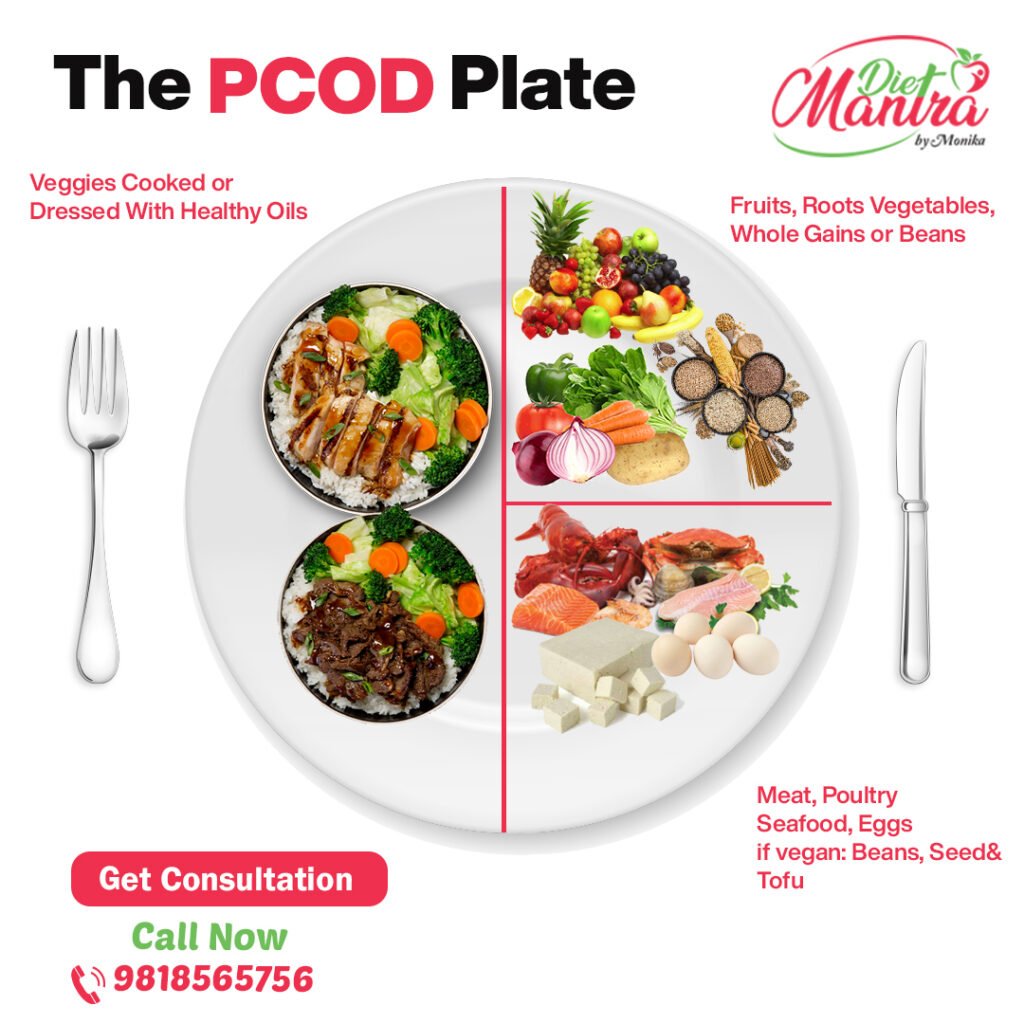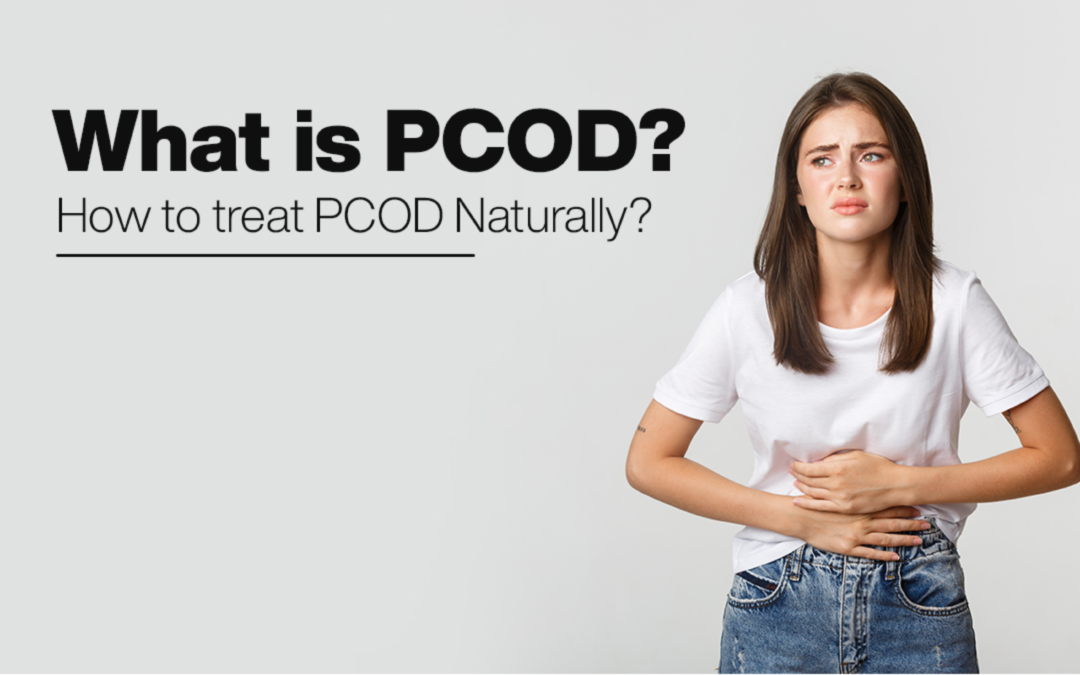A 2019 study showcased that 20% of Indian women have PCOD. So, what is PCOD, and why is it a common disorder in the population in India?
First of all, the name PCOD means polycystic ovary disorder, which implies three important aspects of the disease. Polycystic refers to the “multiple cysts” . The ovary is the female reproductive organ responsible for the production of “eggs”. Disorder implies a disruption in a system. Since PCOD affects women’s reproductive organs, the major implication is irregular menstrual cycles and difficulty in conception, among many.
Facts You Must Know About PCOD:
Now, what this means is, let us share some facts about the disease and then brief you about the natural remedies:
Difference Between PCOD and PCOS
- PCOD is a condition where immature and partially mature eggs turn into cysts (small sacs filled with liquid).
- PCOD is caused by hormonal imbalance.
- Ovaries become enlarged and secrete high levels of androgens and male hormones in the body.
- PCOD is not a disease, but a lifestyle disorder.
What are the symptoms and implications of PCOD?
Since the ovaries are not performing their jobs well, the increased levels of androgens which are male sex hormones disturb the normal development of eggs. Patients with PCOD can notice symptoms like:
Abdominal weight gain
Irregular periods
Male pattern hair loss and infertility
Does PCOD cause infertility?
No, even though the ovaries usually become enlarged and secrete large amounts of androgens which is still important to treat, PCOD does not become an obstacle towards pregnancy.
However, the havoc it creates in a woman’s fertility and her body must be managed by reducing the severity of such symptoms.
How to treat PCOD Naturally?
PCOD does not require you to consume medicines. Moreover, there are no established medicines for the same. Since this is a lifestyle disorder, the best solution for PCOD, which gynecologists’ swear by, is changing the lifestyle which is inclusive of diet, sleep, and physical activity.
PCOD DIET:

In such cases, the easiest way is to meet someone who can guide you through the journey of PCOD symptoms management and that’s when we search “PCOD Dietician Near Me”
In most cases, you can easily find a PCOD diet available to you through multiple digital platforms. From videos to blogs, but a PCOD dietician is the best shot you have at ensuring that you become healthy.
A PCOD diet chart is customized with various ingredients keeping in mind the foods that are helpful for PCOD and foods which can make PCOD worse. Since it’s all about the hormones, the PCOD diet chart must include nourishing foods which help regulate the hormones and menstrual cycle of the patients.
Processed Foods: Processed and preserved are the biggest enemies for PCOD treatment as they contribute to inflammation and insulin resistance.
Whole Foods: On the other hand, the PCOD diet is inclusive of whole foods which are free from artificial sugars, hormones, and preservatives. These include fruits, vegetables, legumes, and whole grains.
Avoid Coffee: Young working females fall under the age group affected in PCOD women which is 15 to 44. In a busy lifestyle, caffeine seems to get one through the day but it may be linked to changes in estrogen levels and hormone behavior. Hence decaf and herbal teas are alternatives one must try.
Balance The Iron: PCOD may result in heavy bleeding during periods and eventually into iron deficiency and anemia. A natural remedy for PCOD patients who suffer from lower iron levels is including spinach, eggs, broccoli, etc. in the diet after consulting the doctor.


Recent Comments